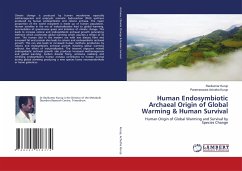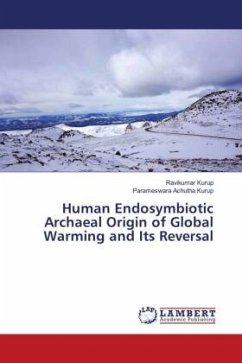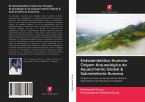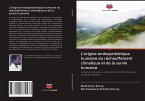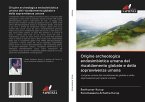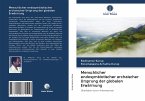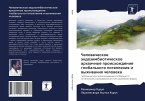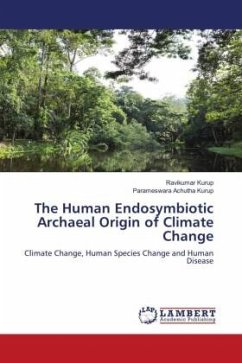Climate change is produced by human microbiome especially methanogenesis and polycyclic aromatic hydrocarbon (PAH) synthesis produced by human endosymbiotic and colonic archaea. The major proportion of the world ecosystem is made up of human population. Human activities in the era of industrialization lead to global warming, accumulation of greenhouse gases and initiation of climate change. This leads to increase colonic and endosymbiotic archaeal growth generating methane which accelerates global warming which assumes a tempo of its own. The human diet in the modern era with low dietary fibre and increased fat and protein also leads to colonic and endosymbiotic archaeal growth. This can also leads to increased human methane production by colonic and endosymbiotic archaeal growth initiating global warming without the effect of industrialization. The internet exposure related endosymbiotic archaeal growth also produces increased methanogenesis and global warming. Carbon dioxide fixing, ammonia oxidising and nitrifying endosymbiotic human archaea contributes to human survival during global warming producing a new species homo neoneanderthalis or homo galacticus.

